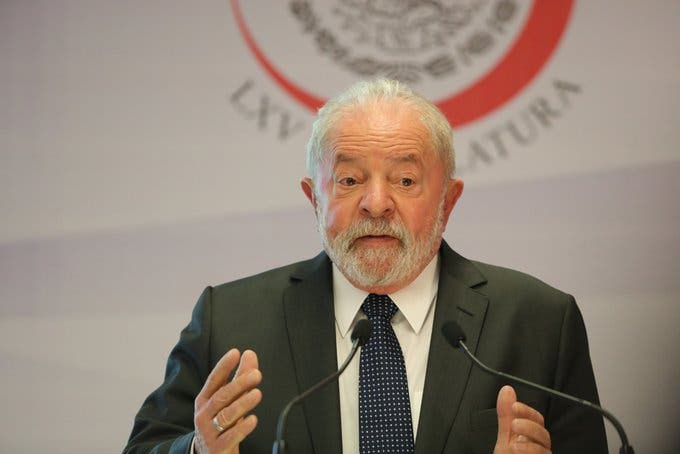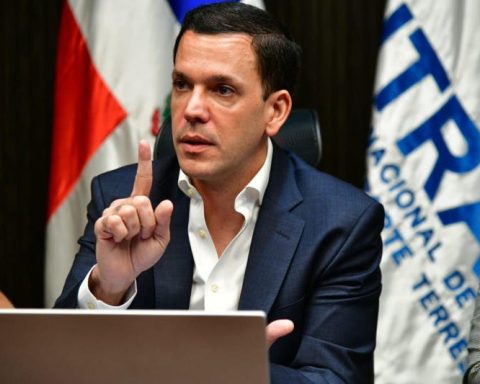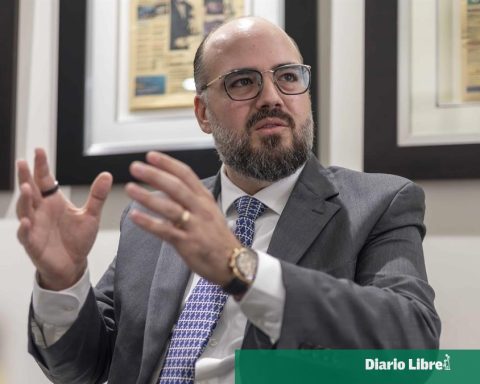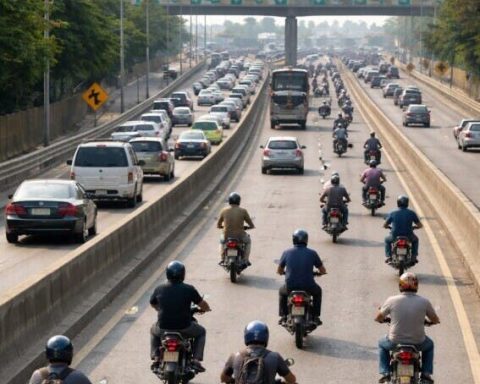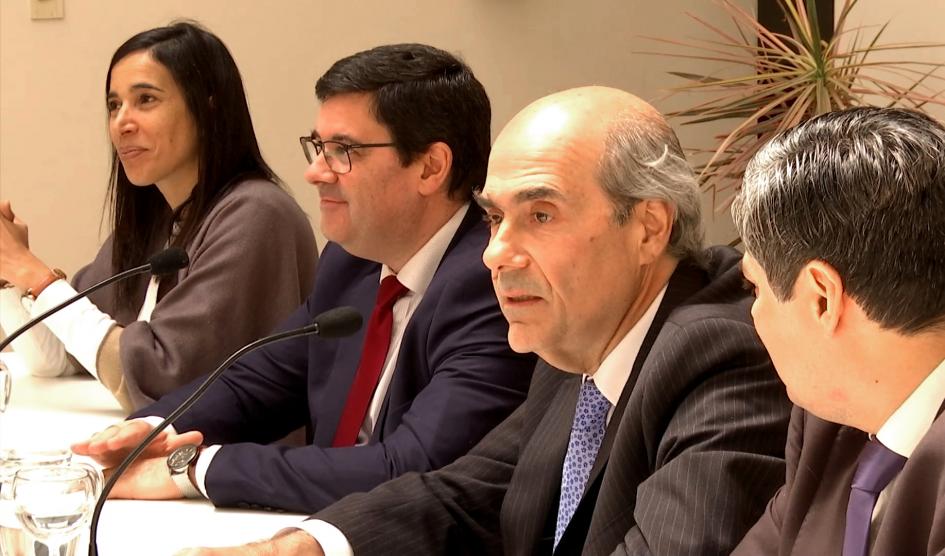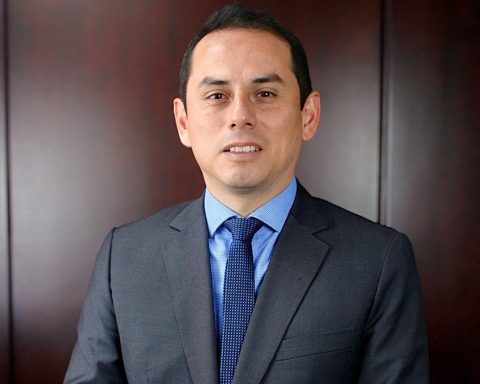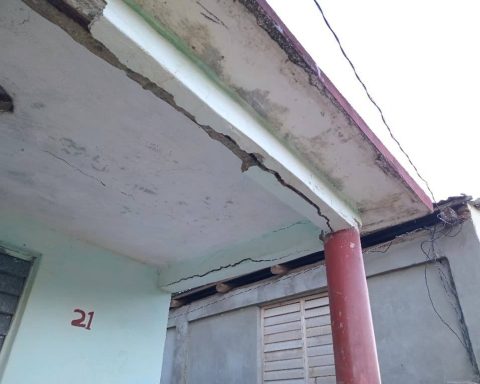The elected president of Brazil, Luiz Inacio Lula da Silvawill assume the Executive on January 1, with an agenda with which he intends to recover the economy, maintaining fiscal discipline.
The financial plans of Lulabroken down throughout his statements and various documents presented during the campaign, leave many unanswered questions.
Read: “I wish he would come to the PRM”, Ramón Alburquerque’s wish on José Laluz
Some of Lula’s economic promises are:
- Expansion of investments throughout the country, with a new impetus for public works, especially construction projects. infrastructuresto generate employment.
- Bet on state companies and outright rejection of privatization. Oil company Petrobras and development bank BNDES will be cornerstones of the development plans.
- Opposition to the spending ceiling. Lula is opposed to the fact that the limit on public spending included in the Constitution conditions the necessary investments in health or education. It has promised, however, to combine “fiscal responsibility” and “social responsibility”.
- Tax reform to benefit the poorest. Income of up to 5,000 reais (about 970 dollars) will be exempt from income tax. Large fortunes will be taxed and the country’s complex tax system will be simplified. The feasibility of this proposal will largely depend on the National Congress.
- New labor legislation, based on a consensus with trade unions and employers and based on an increase in minimum salary above inflation. It is intended to recognize labor rights to delivery people and drivers of applications, in the image of Spanish legislation.
- Reindustrialization of Brazil, based on a national strategy designed so that the country stops depending on the import of some goods, mainly those related to technology.
- Sustainable agriculture- Promote family farming and guarantee minimum food prices to reduce hunger.
- Restructure the subsidy programs for most needy, guaranteeing the current monthly payment of 600 reais (about 120 dollars).
- renegotiation of personal debts- Without giving details of how it will be done, the Government will seek that millions of families indebted to banks have discounts on the rates applied for delinquency.
